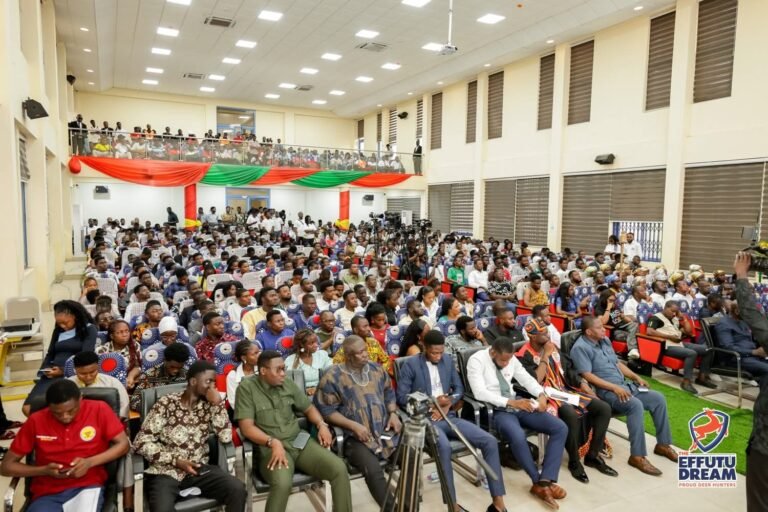
Francis Asenso-Boakye, Works and Housing Minister
The Minister of Works and Housing, Francis Asenso-Boakye, has noted that Ghana’s progress as part of efforts to harness the urbanisation process towards the sustainable development is impressive.
He said Ghana is among the countries that have so far shown great commitment in their quest to implement the United Nation’s New Urban Agenda, having submitted its progress of implementation as required under the Quito Agreement.
The New Urban Agenda was adopted at the United Nations Conference on Housing and Sustainable Urban Development (Habitat III) in Quito, Ecuador. It represents a shared vision for a better and more sustainable future. The agenda seeks to make urbanisation a powerful tool for sustainable development for both developing and developed countries.
Speaking during the Ministerial Roundtable at the World Urban Forum (WUF 11) in Katowice, Poland, the Minister recounted the strides Ghana had made through the development of various national regulatory frameworks in the country.
“The regulatory frameworks are meant to guide cities and human settlements towards the attainment of sustainable urban future, and it is well integrated into the country’s national policy formulation, planning, budgeting and monitoring systems,” he noted.
Empowerment
Mr Asenso-Boakye stressed the need to empower local and sub-national authorities towards the future sustainable urbanisation drive. This, he said, was necessary because the country had successfully deepened its regional and decentralisation systems over the period and maintained a dedicated Common Fund to support Local Governments.
“Ghana has commenced a District Housing Scheme that seeks to provide funding for rental housing, at the district level through our national budget,” the Minister added
The Minister further acknowledged the importance of finance in urban and housing development, saying “Ghana has successfully implemented strategic and robust programmes within the works and housing, water and sanitation, and transportation sectors of the economy to leverage on sustainable solutions to future urban challenges”.
He believes that despite the inherent challenges towards the sustainable future urbanisation, the opportunities that come with the drive would be leveraged to accelerate Ghana’s development.




